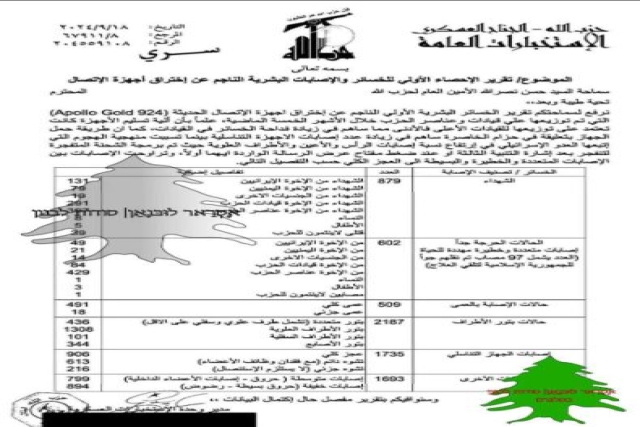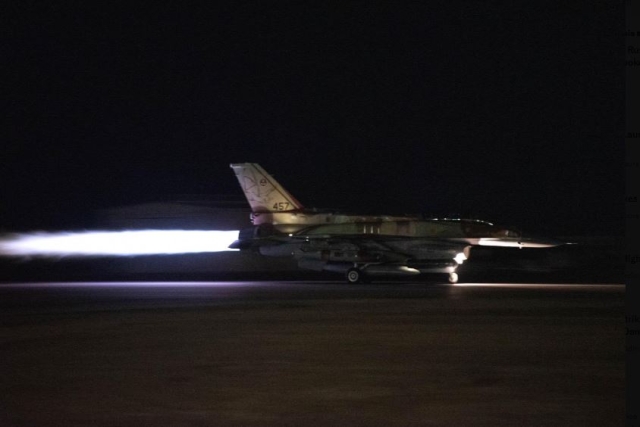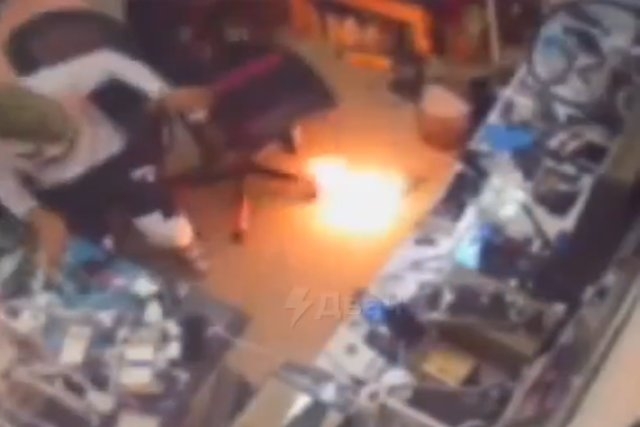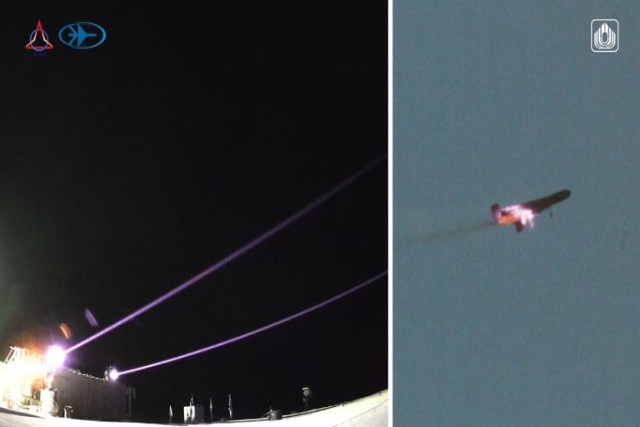300+ Hezbollah Targets in Lebanon Struck in Massive Israeli Airstrikes
Lebanese Ministry of Health reports at least 180 deaths and 700 injuries due to the strikes.
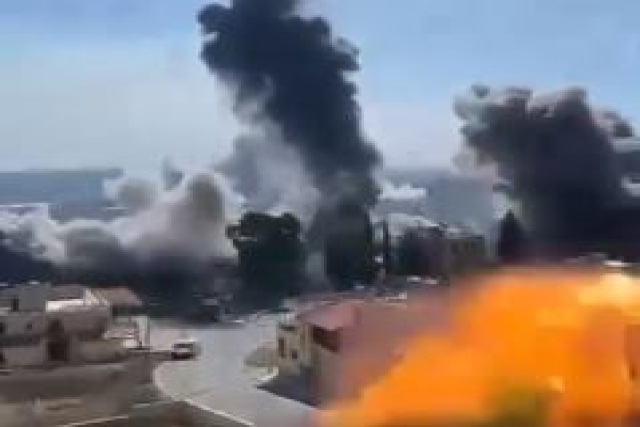
The Israel Defense Forces (IDF) announced a significant escalation in military operations against Hezbollah in Lebanon, with over 300 targets reportedly struck today.
This marks the largest bombardment of Lebanon since the 2006 conflict. The Chief of the General Staff approved the strikes from the IDF Headquarters Underground Operations Center, as part of ongoing efforts to dismantle Hezbollah's military capabilities.
IDF Spokesperson Rear Admiral Daniel Hagari stated that Hezbollah was using civilian homes as launch sites for missiles. The targeted locations include facilities in the Beqaa Valley, known to house long-range and strategic missile capabilities, including cruise and ballistic missiles. The IDF has called for civilians in the Beqaa Valley to evacuate their homes within a 1,000-meter radius of these sites.
The bombardment has resulted in casualties, with the Lebanese Ministry of Health reporting at least 180 deaths and 700 injuries due to the strikes.
In addition, the head of the Lebanese telecom operator, Ogero, reported that over 80,000 evacuation messages were sent to residents across Lebanon.
Hagari warned that the IDF will continue extensive and precise strikes against what he termed "terror targets" embedded throughout Lebanon, advising civilians to move to safer areas. He emphasized that these operations are expected to continue in the near future.
In response to the conflict, Hezbollah has positioned itself as a defender of Lebanese territory, asserting that its actions are in support of its ally Hamas in Gaza. The group has declared a new phase of confrontation with Israel, with its deputy chief, Naim Qassem, indicating readiness for "all military possibilities."
Tensions escalated following rocket attacks from Hezbollah into northern Israel, which caused damage in Haifa and prompted Israeli Prime Minister Benjamin Netanyahu to declare that Israel has dealt significant blows to Hezbollah's military operations.
The ongoing conflict has led to mass displacement, with tens of thousands of residents on both sides fleeing their homes. As the situation unfolds, international observers, including UN Secretary-General Antonio Guterres, have expressed concern that Lebanon risks becoming another Gaza if hostilities continue.
Lebanon's Prime Minister Najib Mikati has called on the United Nations and global powers to intervene and deter what he described as Israel's destructive plans against Lebanese communities.

